MARVEL students have "absolutely amazing" experience at the Many Electron Collaboration Summer School
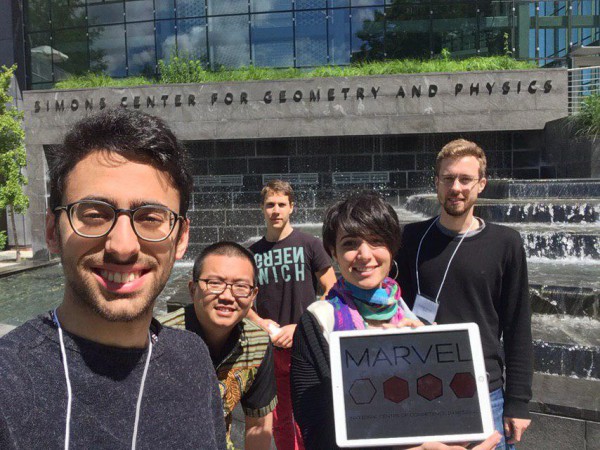
Our experience at "Many Electron Collaboration Summer School" was absolutely amazing! The school covered a very wide range of topics and the benefit was twofold: on the one hand, it tackled consolidated topics using new and often more comprehensive perspectives; on the other hand, lecturers used inspiring and insightful approaches to present new ones.
As researchers, we too often fall into the trap of focusing on our own specific research topics. The school was therefore a wonderful opportunity to take a step back and admire the much wider spectrum of the research currently being carried out all over the world.
— Sara Fiore, PhD student at ETH Zurich
Sara continues: Personally, what I most appreciated was the combination of theoretical and experimental views, both mutually contributing to the other improvement.
Another remarkable characteristic of the talks that I really enjoyed has been their split in two lectures: a first, more introductory part, and a second in-depth discussion.
Moreover, the organization offered a lot of informal occasions to discuss with other participants and speakers. I believe that networking is an essential feature of scientific meetings, also as a cure to the common “embarrassment” that prevents thorough discussions during the question-time after the talks (especially for new students, who are intimidated by more senior scientists!). Last but not least, I am sure to speak for all of us when saying that this experience was also important to strengthen the bonds and the connections inside the MARVEL group!
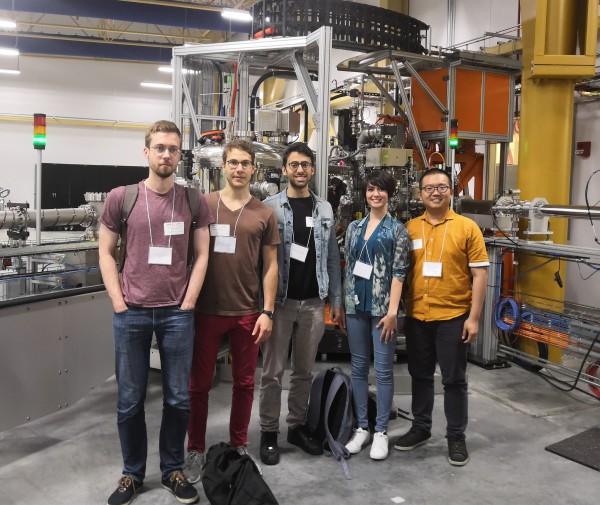
Kristjan Eimre, PhD student at Empa
At the nanotech@surfaces laboratory at Empa, we have recently strongly shifted our experimental and computational focus on various magnetic and open-shell carbon nanostructures. To model the electronic correlation effects in these systems, mean-field theories such as DFT are often insufficient. The Many Electron Collaboration Summer School offered a very informative introduction to various computational methods for describing strongly correlated systems. Presented methods, such as the GW approximation, dynamical mean-field theory (DMFT) and auxiliary field quantum Monte Carlo (AFQMC), can be directly applied to study the chemical systems we are interested in. Other topics, such as the DMRG method and overview of topology were also very interesting. Additionally, I had the opportunity to present my work and get valuable feedback and discussions about it from fellow students and the leading experts of the U.S. community. Overall, the school was a very useful and enjoyable experience and I am very grateful to MARVEL and the Simons Foundation for giving me the opportunity to attend it.
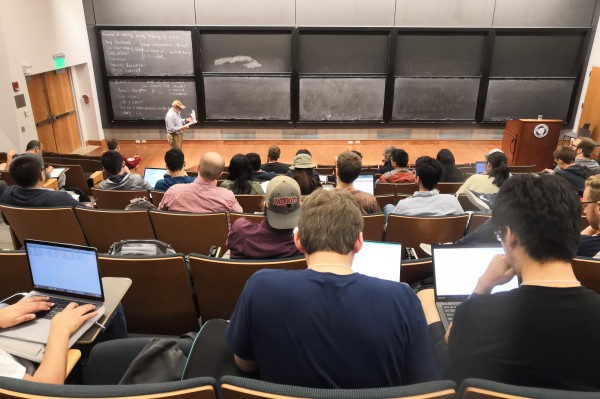
Guido Gandus, PhD student at Empa
I would sincerely like to thank NCCR MARVEL and the Simons foundation for the opportunity to attend this summer school. It gave an incredibly valid overview of the state-of the-art computational methodologies used to study many-electron problems in condensed matter physics. I have recently started my PhD at Empa and my research area is the study of quantum transport through novel 2D graphene-based nanodevices for transistor applications. In these types of systems, screening effects play a fundamental role in the electron transport due to the reduced size, therefore making it necessary to consider correlation effects. This school experience was a powerful boost in my research in the sense that it gave me at once a comprehensive summary of how researchers are, more or less successfully, trying to include these effects into their simulations, even though not specifically in electronic transport. The pre-school coding workshop provided a solid basis to write efficient and clean scientific code. The focus was on best practices for program development, which included unit testing, i.e. writing unit test for a particular piece of code, debugging and an overview of the distributed version-control system for tracking changes in source code during software development.
As a computational scientist, I am involved in writing code daily and in my work, I realized that having a solid framework for developing clean code is essential both for making your code readable for collaborators and for speeding up my project. This way I have more time to spend on the actual physical problem and I make my project more open to external collaborations.
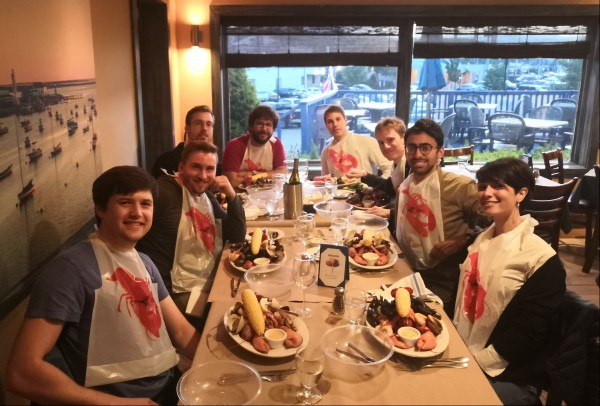
Stefano Falletta, PhD student at EPFL:
Unraveling the physics of interacting electrons represents one of the main challenges of physics, material science and chemistry. In this context, the “Many Electron Collaboration Summer School” represented for me a unique opportunity to learn about recent advances in the theory and in the experiments on the many body electron physics. I also benefited from the exposure to the latest computational techniques to address such a complex problem. I had the opportunity to share ideas with internationally renowned speakers, postdoctoral researchers and PhD students, allowing me to expand and complement my knowledge of the modeling of the electronic properties of materials. Therefore, I would like to thank NCCR MARVEL and the Simons Foundation for offering me such an amazing and well-designed learning experience.
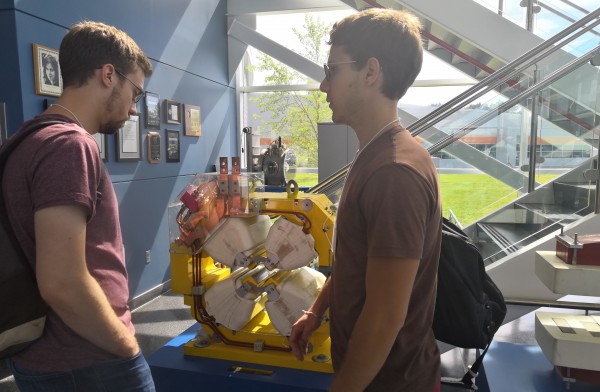
Sandy Ekahana, PhD student at PSI:
I loved the pre-school coding workshop so much as it gave me a crash course in what a proper programmer should know/have/be able to do. The workshop on TDD and pair programming has taught me a lot about the proper framework on developing codes. As an experimentalist myself, I realise my training in programming is very little to none. I am grateful to the NCCR MARVEL for giving me the opportunity to learn at this summer school.
Low-volume newsletters, targeted to the scientific and industrial communities.
Subscribe to our newsletter